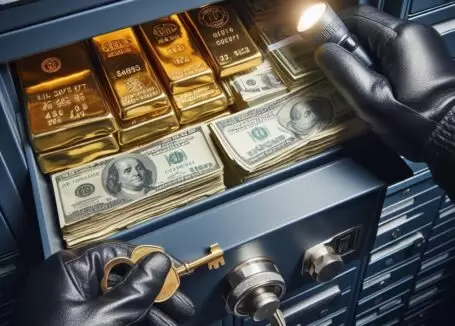
Safe deposit boxes are generally a waste of money, a potential bureaucratic nightmare for renters, not federally protected by banks, and slowly becoming obsolete in the financial world due to the advent of the digital age. Why do you think you would ever need to use a safe deposit box in this day and age?
A safe deposit box is basically a glorified storage container located inside a bank or post office.
You may be required to pay anywhere between $15 to $350 monthly to rent a safe deposit box in a bank.
So, you might end up spending anywhere between $180 to $4,200 annually renting a safe deposit box depending on the bank you rent from and your region. Ask yourself, why would you do that? What is there to be gained by renting a safe deposit box?
Storing valuable items in safe deposit boxes seems to be a culturally appropriated trope that Americans from older generations learned from watching too many action and spy thriller films. There are only a few specific documents that the federal government suggests that you store in a safe deposit box, and cash, gold, and priceless items are not on the list.
Here are 10 reasons why you’ll regret renting a safe deposit box along with some tips on how to efficiently rent one and what to keep in it.
Safe Deposit Boxes Are Becoming Obsolete
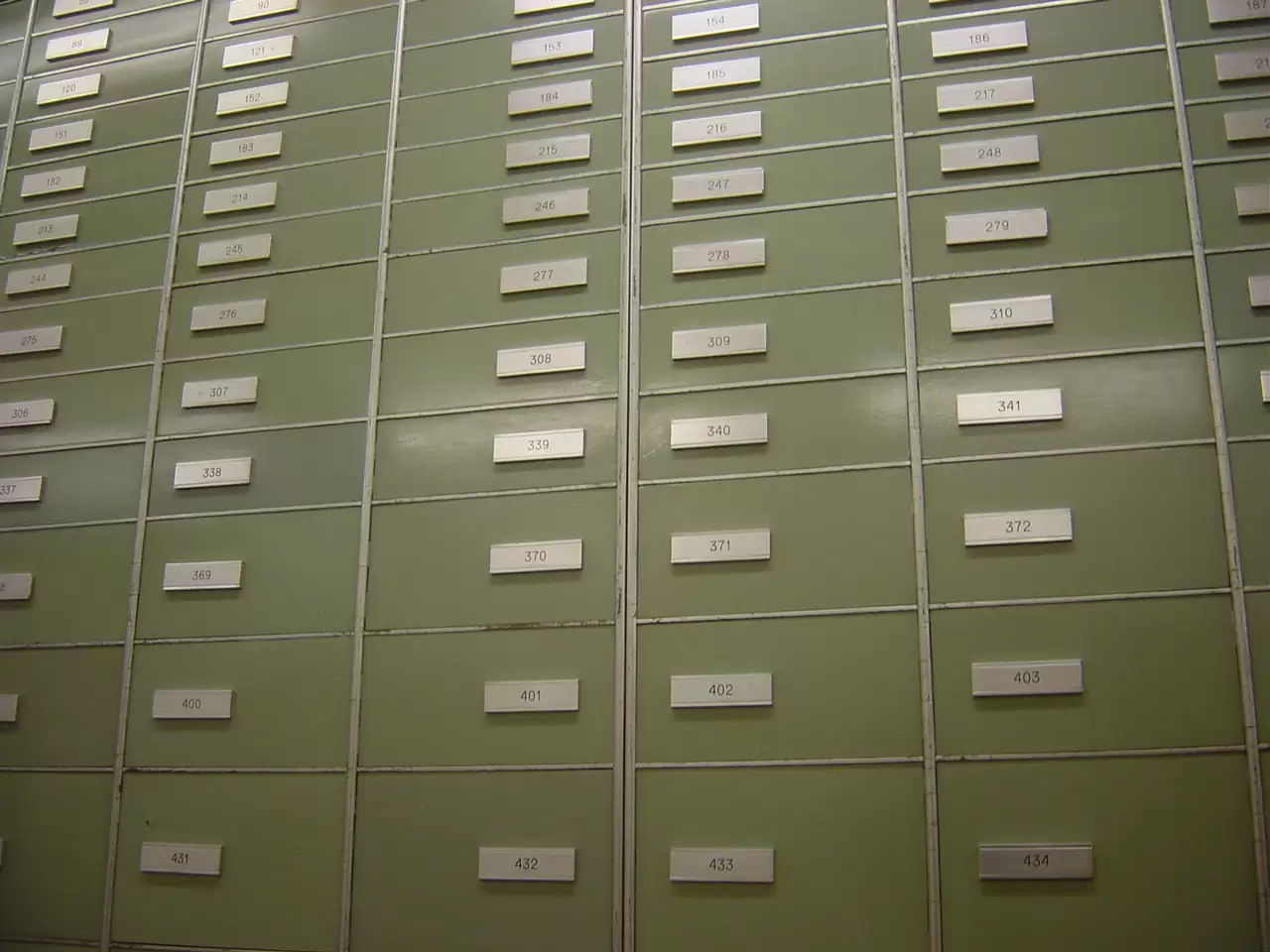
There may be over 25 million safe deposit boxes in the United States right now. However, that estimate is a deceptive statistic because safe deposit boxes are slowly becoming obsolete and phased out as a service.
Some experts believe that half of the 25 million safe deposit boxes in existence are vacant. Due to the advent of online banking, the shuttering of physical branches to accommodate digital banking, and the need to optimize all existing physical space, many modern banks will gradually stop providing safe deposit boxes in new locations.
Additionally, younger banking demographics don’t use safe deposit boxes like the older generations previously did.
You Only Have Access During Banking Hours

Americans may have romanticized the idea of safe deposit boxes because, just like their favorite action movie hero, they could just access it whenever they wanted on their terms to retrieve their valuables.
You are not an action hero and in an emergency, you could find yourself cut off from valuable items or documents that you need immediately. After all, the very nature of a deposit box means that you can only access it via bank access.
In other words, you can only access your deposit box during banking hours. What would you do in the middle of the night if you had to access your safe deposit box immediately?
Read The Contract

Take care to read your safe deposit box contract and terms of service. The bank might pay you a low-level three-figure flat fee to replace any items you lose if you’re lucky. Or, it might agree to pay multiples of the monthly or annual rental fee you pay for the box relative to the cost of the items you lose.
Still, the bank will always have the advantage in such circumstances over you if they lose items in your safe deposit box. Depending on the circumstances, the bank could pay you nothing or a middling settlement.
Bank is Not Liable If You Lose Your Possessions

If you lose money or priceless possessions due to bureaucratic bungling or even the malicious criminal acts of a bank employee, the bank is not legally responsible for compensating your losses. You might lose more money trying to sue the back relative to whatever judgment you win – if you win.
In 2019, a Texas banker was barred from being employed as a banker ever again and forced to pay about $45,000 in fines to the government and the bank from which he stole $31,000 via a safe deposit box. There is no report on whether the robbed customer was compensated.
Also in 2019, a New Jersey resident lost over $10 million in rare watches when a bank mistakenly opened and removed its contents.
They Are Not Insured

Safe deposit boxes are technically glorified and uninsured storage units located in a bank. Safe deposit boxes are not insured by the bank, FDIC, or any local or federal banking authorities.
You may be required to buy ancillary insurance for your safe deposit box. Depending on the policy, it might not be enough to cover your losses if you ever lose any extremely valuable items.
How secure is a safe deposit bank in a bank if you need an additional insurance policy just to protect it?
Don’t Lose The Key
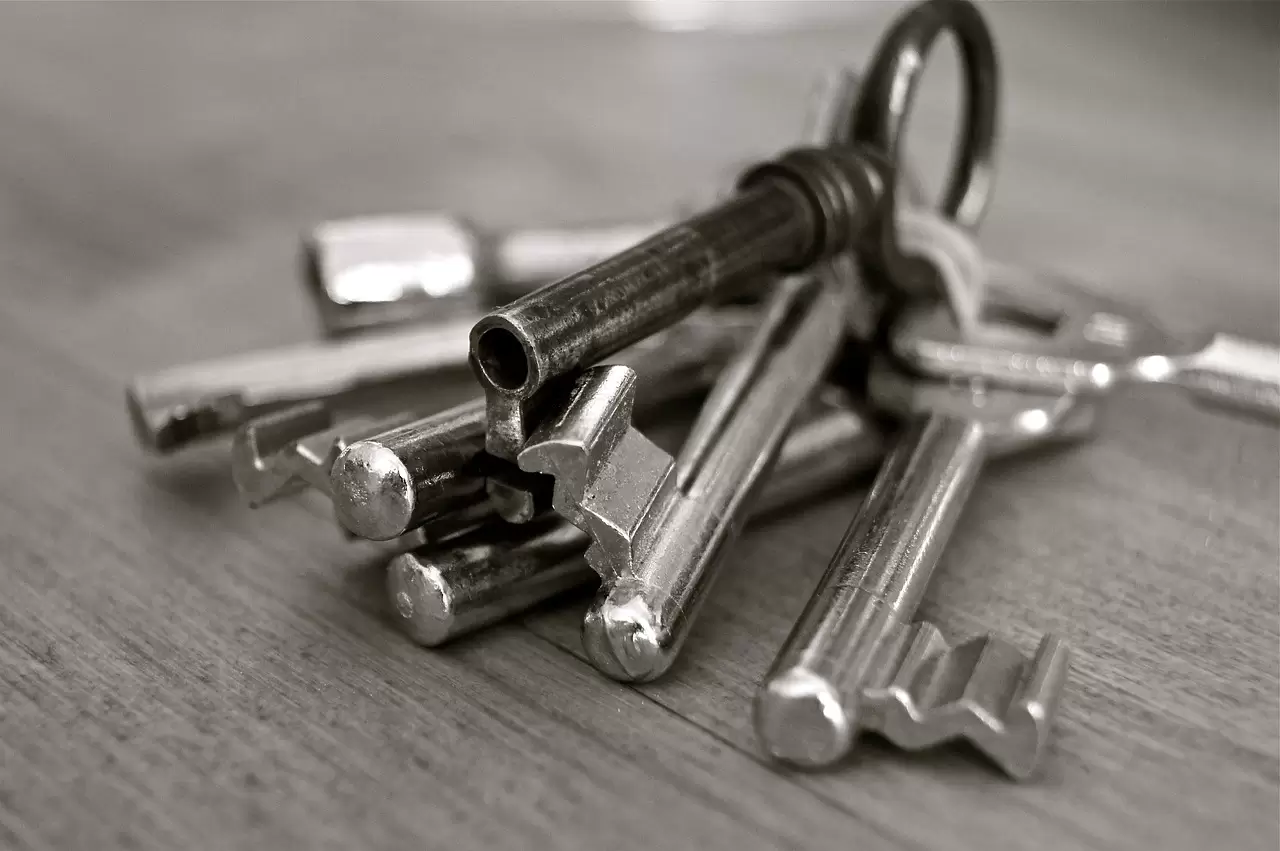
Most banks do not keep a copy of your safe deposit box key. Protect your safe deposit key at all times and do not lose it.
If you lose your safe deposit box key then the bank will have to break into it. Additionally, you will be charged for the cost of replacing the lock, issuance of a new key, and replacing the safe deposit box if it gets damaged during the process.
The Bank Can Break Your Safe Deposit Box Contract Terms Whenever Necessary

A bank could change management and ownership, close down, or change its safe deposit box rules whenever it wants without prior notification to you. Such actions won’t necessarily be done out of malicious either; your contract terms could be broken through bureaucratic inefficiency, bungling, indifference, or a mix of all three.
Your deposit box could be opened and emptied, and its contents transferred to a storage facility while the bank undergoes renovations. The box could be moved due to a bureaucratic mistake. Your safe deposit box could be accidentally broken into and emptied due to paperwork errors without the error ever being legally rectified to compensate you.
Natural Disasters
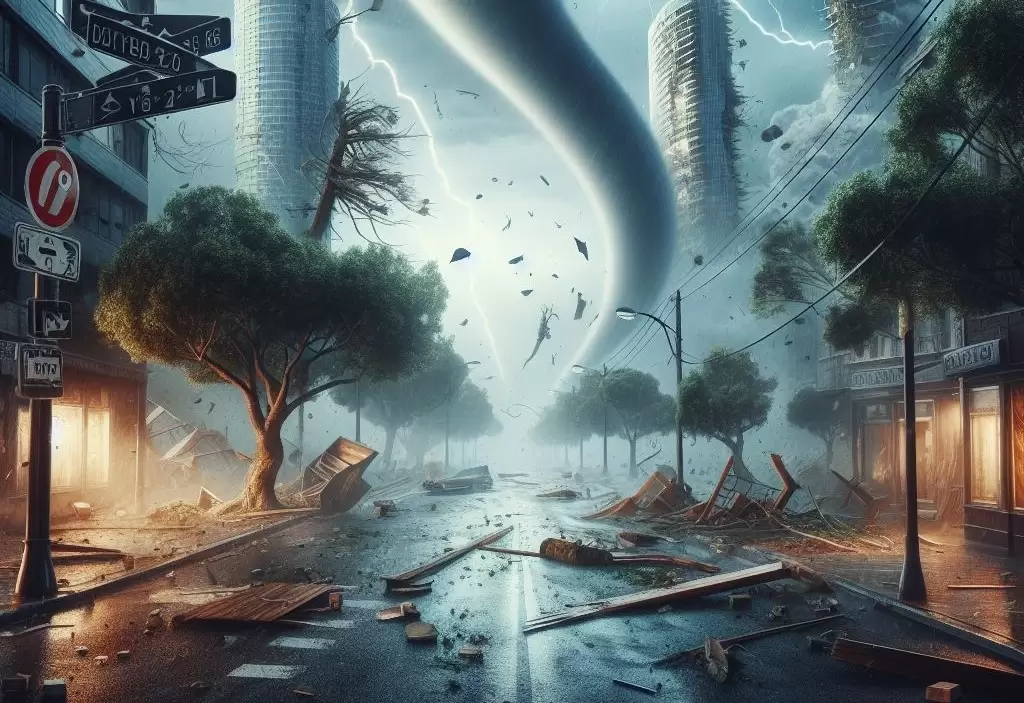
You could lose the contents of your safe deposit box due to inclement weather or a natural disaster. If a flood or hurricane destroys the bank or floods your deposit box, your items could be destroyed in the process.
Even if you have safe deposit box insurance, your claim might not be enough to cover your losses.
Pay Your Rental Fee on Time

Pay your monthly rental fee on time and promptly. If you miss or get behind on payments, the bank can legally seize the items in your deposit box.
Additionally, the bank could potentially transfer the contents of the box to a storage facility, put them in its own “lost and found” compartment, or even sell or auction off such materials to recoup losses.
You Could Forget About It

Some people rent deposit boxes for years and decades. You could forget about it after a few years and move elsewhere. Or you could neglect to check up on the contents of the box while still paying rent.
Paper fades, objects degrade, and even paper currency can become moldy. Make certain to check on your safe deposit items regularly.
What Should You Keep In a Safe Deposit Box?
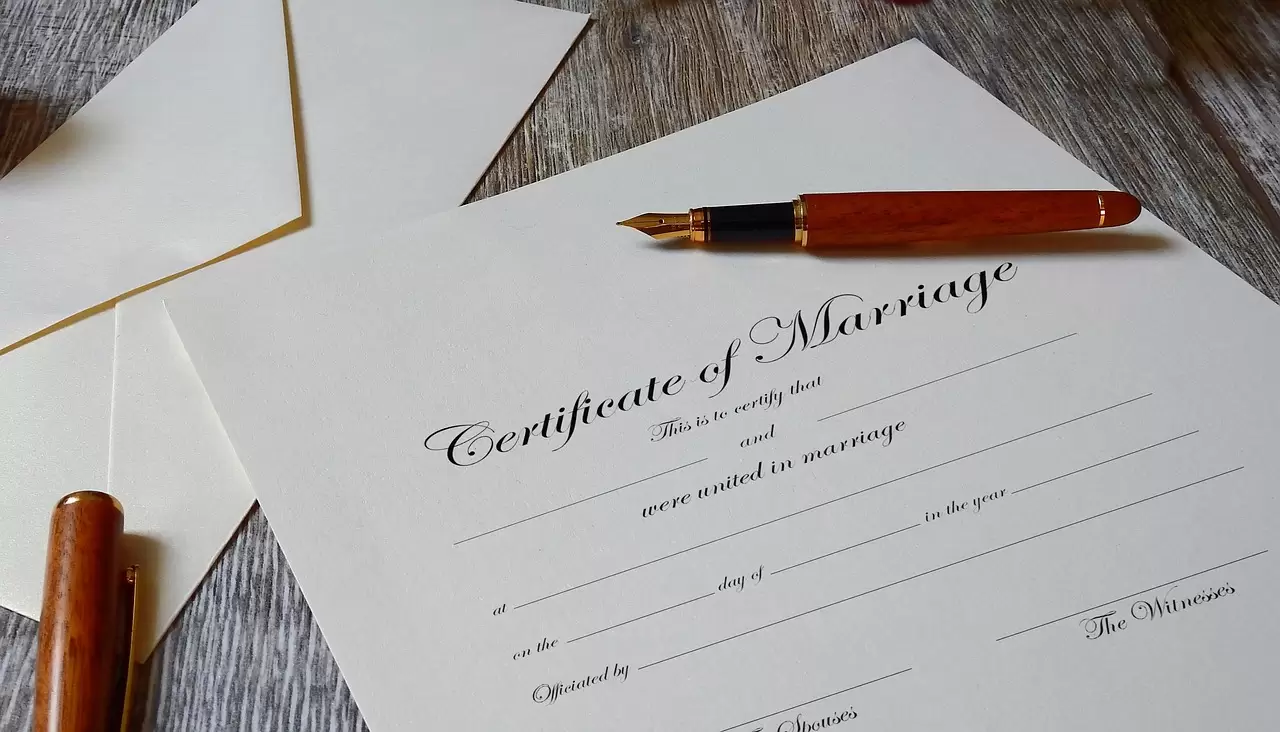
If you have a home safe, keep your important items in it, and don’t brag about its existence. You may also want to confer with a lawyer about how to protect important papers and assets.
If you do own a safe deposit box, the federal government suggests that you only keep original or certified copies of documents like car titles, birth certificates, property deeds, marriage and divorce records, and saving bonds in it.
You can’t beat inflation by keeping cash in a deposit box and you lose out on interest by not putting it in a bank account or investing it. The last place you want to put a living will, the original power of attorney paperwork and contracts, or priceless antiques is in your local $20 monthly and uninsured safe deposit box.
The only items that you should ever put in a deposit box are basic bureaucratic paperwork or sentimental items that won’t cause a crisis if you lose them or can’t gain immediate access to them.
Read More
How to Cope With Forced Retirement: Tips for Moving Forward
Can Undocumented Immigrants Open an IRA?
.
Allen Francis was an academic advisor, librarian, and college adjunct for many years with no money, no financial literacy, and no responsibility when he had money. To him, the phrase “personal finance,” contains the power that anyone has to grow their own wealth. Allen is an advocate of best personal financial practices including focusing on your needs instead of your wants, asking for help when you need it, saving and investing in your own small business.

